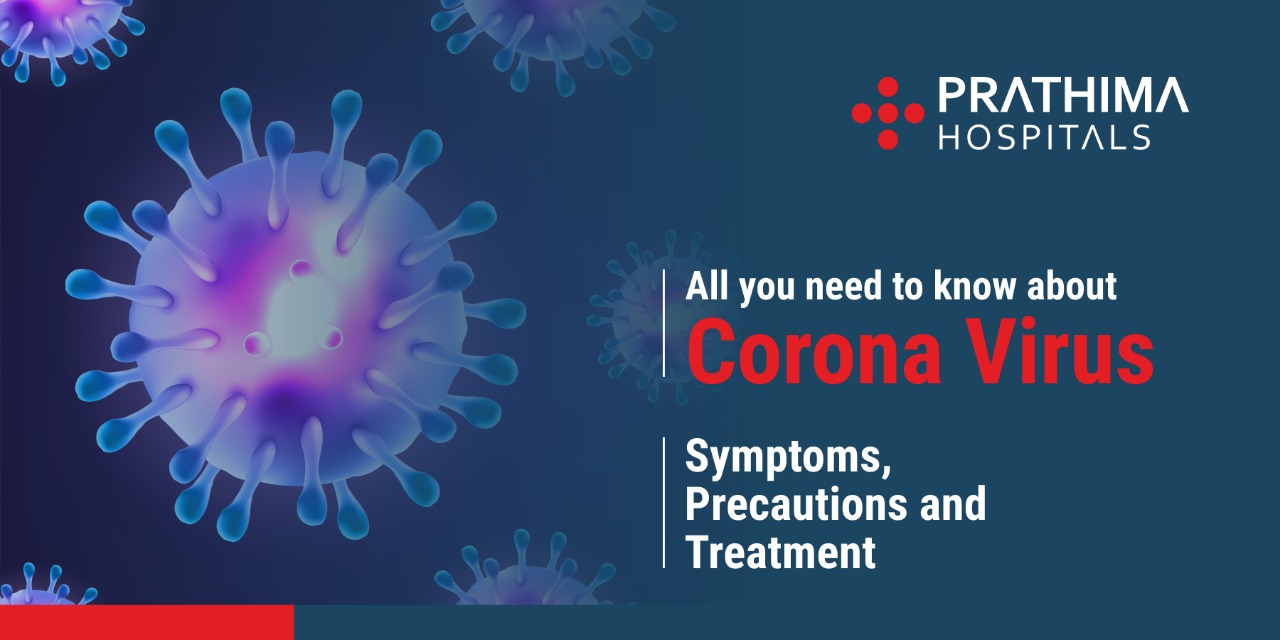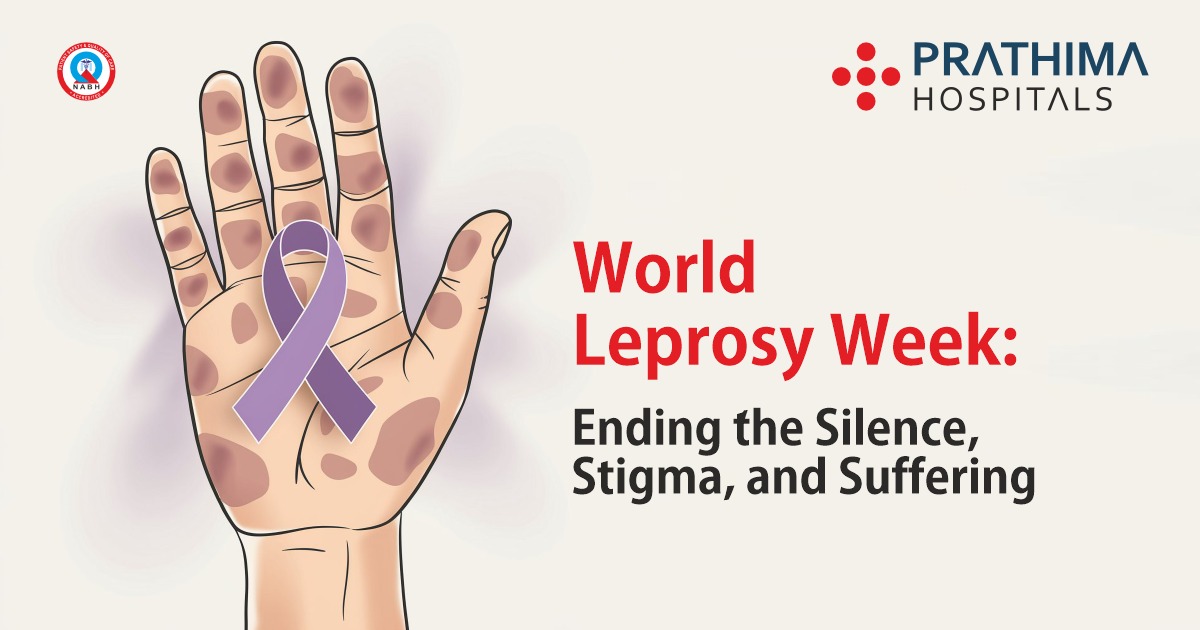Corona Virus: All you need to know about

What is Corona Virus and Its Symptoms?
Corona viruses are sorts of viruses that typically affect the respiratory tracts of birds and mammals, including humans. Doctors associate them with the cold, bronchitis, pneumonia, and severe acute respiratory syndrome (SARS), and that they also can affect the gut. These viruses are typically liable for common colds quite serious diseases. However, corona viruses also are behind some more severe outbreaks. Over the last 70 years, scientists have found that corona viruses can infect mice, rats, dogs, cats, turkeys, horses, pigs, and cattle. Sometimes, these animals can transmit corona viruses to humans.
What is a corona virus?
Researchers first isolated a corona virus in 1937. They found a corona virus liable for an infectious bronchitis virus in birds that had the power to devastate poultry stocks. Scientists first found evidence of human corona viruses (HCoV) within the 1960s within the noses of individuals with the cold. Two human corona viruses are liable for an outsized proportion of common colds: OC43 and 229E. The name, “corona virus” comes from the crown-like projections on their surfaces. “Corona” in Latin, means, “halo” or “crown.” Among humans, corona virus infections most frequently occur during the winter months, and early spring. People regularly become ill with a chilly thanks to a corona virus and should catch an equivalent one about Four months later. This is because corona virus antibodies don’t last for an extended time. Also, the antibodies for one strain of corona virus could also be ineffective against another one.
Symptoms
Cold- or flu-like symptoms usually set in from 2 to 4 days after a corona virus infection and are typically mild. However, symptoms vary from person-to-person, and a few of the virus are often fatal. Symptoms include:
- Sneezing
- runny nose
- fatigue
- cough
- fever in rare cases
- sore throat
- exacerbated asthma
Scientists cannot easily cultivate human corona viruses within the laboratory unlike the rhinovirus, which is another explanation for the cold. This makes it difficult to measure the impact of the corona virus on national economies and public health. There is no cure, so treatments include self-care and over-the-counter (OTC) medication. People can take several steps, including:
- resting and avoiding overexertion
- drinking enough water
- avoiding smoking and smoky areas
- taking acetaminophen, ibuprofen, or naproxenfor pain and fever
- using a clean humidifier or cool mist vaporizer
A doctor can diagnose the virus responsible by taking a sample of respiratory fluids, like mucus from the nose, or blood.
Types
Different types of human corona viruses vary in how severe the resulting disease becomes, and the way far they will spread. Doctors currently recognize seven sorts of corona virus which will infect humans. Common types include:
- 229E (alpha corona virus)
- NL63 (alpha corona virus)
- OC43 (beta corona virus)
- HKU1 (beta corona virus)
Rarer strains that cause more severe complications include MERS-CoV, which causes Middle East respiratory syndrome (MERS), and SARS-CoV, the virus liable for severe acute respiratory syndrome (SARS). In 2019, a dangerous new strain called SARS-CoV-2 started circulating, causing the disease COVID-19.
Preventive Measures
There are certain standard instructions given by World Health Organization to prevent from the spreading of infection by doing some simple preventive measures.
- Wash your hands regularly
- When coughing or Sneezing cover nose and mouth with mask
- Meat and eggs should be cooked well before taking it
- Avoid contact with the people who are symptomatic of respiratory illness like, coughing and sneezing.






Warning: Undefined variable $req in /home/u885608126/domains/prathimahospitals.com/public_html/wp-content/themes/prathimahospitals/functions.php on line 294
Warning: Undefined variable $commenter in /home/u885608126/domains/prathimahospitals.com/public_html/wp-content/themes/prathimahospitals/functions.php on line 295
Warning: Trying to access array offset on value of type null in /home/u885608126/domains/prathimahospitals.com/public_html/wp-content/themes/prathimahospitals/functions.php on line 295
Warning: Undefined variable $aria_req in /home/u885608126/domains/prathimahospitals.com/public_html/wp-content/themes/prathimahospitals/functions.php on line 295
Warning: Undefined variable $req in /home/u885608126/domains/prathimahospitals.com/public_html/wp-content/themes/prathimahospitals/functions.php on line 298
Warning: Undefined variable $commenter in /home/u885608126/domains/prathimahospitals.com/public_html/wp-content/themes/prathimahospitals/functions.php on line 299
Warning: Trying to access array offset on value of type null in /home/u885608126/domains/prathimahospitals.com/public_html/wp-content/themes/prathimahospitals/functions.php on line 299
Warning: Undefined variable $aria_req in /home/u885608126/domains/prathimahospitals.com/public_html/wp-content/themes/prathimahospitals/functions.php on line 300
Warning: Undefined variable $commenter in /home/u885608126/domains/prathimahospitals.com/public_html/wp-content/themes/prathimahospitals/functions.php on line 303
Warning: Trying to access array offset on value of type null in /home/u885608126/domains/prathimahospitals.com/public_html/wp-content/themes/prathimahospitals/functions.php on line 303